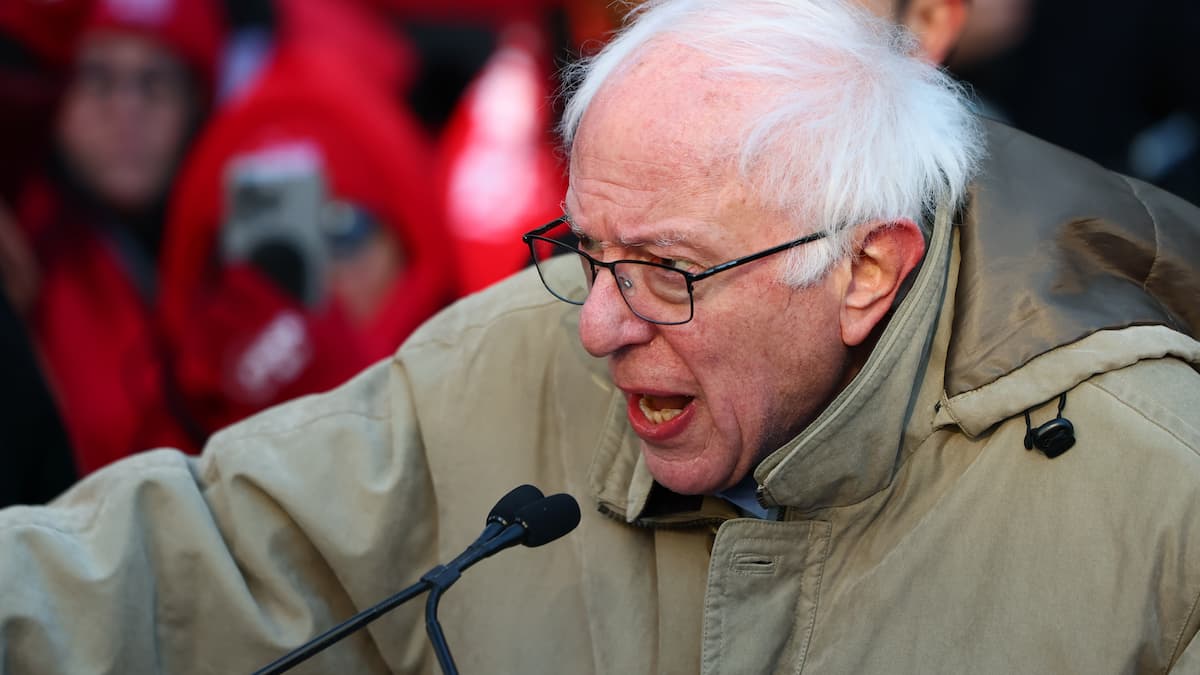Two episodes were provided prior to broadcast.
On the surface, Black Sails is about pirates and plunder, but really it’s about politics. In a global society obsessed with the silver-tongued manipulators of public office, it’s fitting that today’s pirate show takes our favorite swashbuckling rum-swiggers and turns them into dour bureaucrats immersed in a game of political chess. The final season aims for a dramatic tale of collusion and infighting (cut from the same cloth as shows like Game of Thrones and Vikings, only with less precision), but the first two episodes lay the groundwork in tedious strokes.
Captain Flint and Long John Silver are the prized assets on display and the famous names connecting Black Sails to Robert Stephenson’s Treasure Island (we are in prequel territory, here). But a story of collusion and treachery needs an ensemble cast to keep the game afloat, and Flint and Silver are separated early on, giving the writers a chance to re-introduce the show’s secondary – and less interesting – characters.
Madi is back, as is Billy Bones, a one-time boatswain on Flint’s ship. Both have a bone to pick with the captain. Meanwhile, Silver is in need of his sharp tongue to keep his head, while pirate sympathizer-turned-slayer Eleanor is snuggling up to British captain Woodes Rogers.
Rogers is desperate to stick it to the pirates and is turning Nassau into a stronghold. That displeases Eleanor’s former lover, Max, who is troubled by his reign. The notorious Blackbeard watches from afar – played here by a stoic Ray Stevenson – as he guns for Eleanor’s head.
You can almost see each card being carefully produced and laid on the table, but it makes for pedestrian viewing. There’s just so much lifeless dialogue padding every move. Great dialogue crackles on the screen as much as any explosion. It can take the form of verbal jousting (like a good Tarantino flick) or high-octane energy (a la Sorkin). Black Sails is lifeless by comparison; a succession of scenes shot from a medium angle depicting our pirates standing around doing nothing (literally, nothing) as they slowly explain what’s going to happen next.

Black Sails borrows from the tell – not show – school of writing. Next to the effortless television you can find idly scrolling channels today, it’s surprisingly leaden-footed in its approach to drama. There are few innovations at work. Just a camera, actors and a script that needs reciting.
Thankfully, the action scenes are a saving grace. Gunshots splinter the air, swords butt heads and there’s a kinetic vigor sorely missing elsewhere. It looks pretty too, with fantastic special effects and rousing high-angle shots of the pirate ships at sea. Yet season 4 is never better than when it’s on the ground, rubbing shoulders with the sand and sea, gulls circling. In these moments, you can almost taste the salt in the air.
And yet, the very next moment you’re wrenched back inside a dimly-lit room to listen to another character spouting exposition. At the very least, Black Sails would benefit from more back-and-forth intensity between its characters, but no, every actor is given the floor to delicately deliver their lines in a reverent hush. What is it with this lot?
Since we lost shaggy-haired Vane at the end of season 3, there’s a missing dose of grit in season 4. Blackbeard could bring that to the table, but he’s underused in the early going and too preoccupied with his own games anyway. Black Sails plays more like a courtroom drama than a jaunt on the high seas. It’s maddeningly earnest, stripped bare of personality and stuffed with dialogue that falls flat. It’s all very well laying out your cards, but less useful if the table has gone to sleep.
I grew up devouring stories about these bandits on the high seas, but Black Sails, at this stage, bears no resemblance to the exciting adventures I remember.










Published: Jan 21, 2017 10:30 am